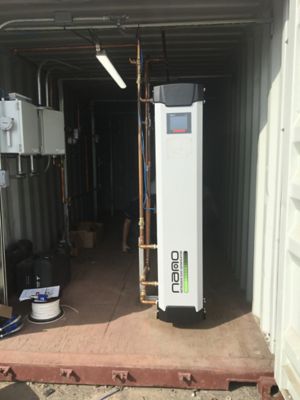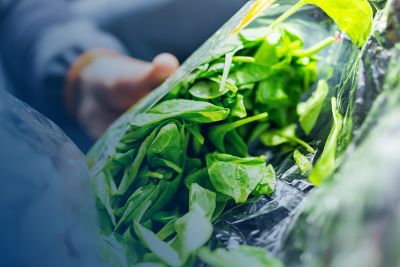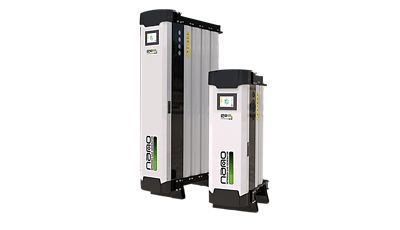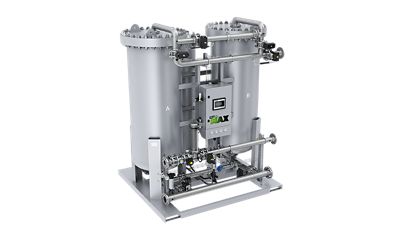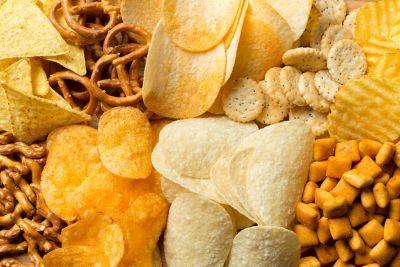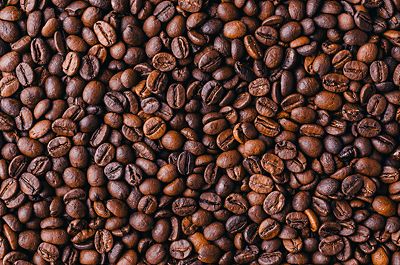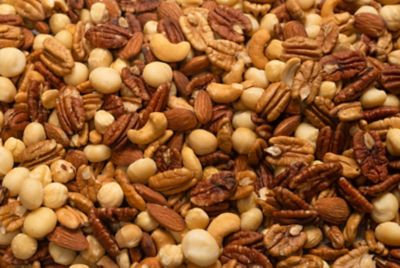Fresh salads are great during the spring and summer months fresh from the garden. However, with people living in apartment complexes and compact sub-divisions, not everyone has space to grow their own supply of lettuce, especially year-round.
As a result, a technique is required to package salads so they can stay fresh while they travel across countries to reach those people who may not have access to local fresh options.
Modified Atmosphere Packaging (MAP) Versus Oxygen
Without oxygen, there is no life. As a result, when food’s natural microorganisms and enzymes are exposed to oxygen life thrives. Yeast, mold, and aerobic bacteria grow quickly resulting in product degradation. To reduce product spoilage and extend its shelf life without affecting the taste or color of the food, oxygen must be removed and replaced with nitrogen.
How is this accomplished?
Modified Atmosphere Packaging (also known as MAP) vertical form-fill & seal equipment is used throughout the food industry. Also referred to as nitrogen or gas flushing, the equipment uses a packaging technique that displaces the oxygen-rich air by flushing the product with food-grade nitrogen at a purity of 99.5% to 99.9%.
The High Cost of Delivered Nitrogen Gas
A packager of bagged salad mixes in the USA was tired of the worry and cost associated with delivered nitrogen gas used to flush their lettuce mixes so they would stay fresh and crisp on their way to grocery stores and markets and continue to stay fresh once they hit the shelves.
With their processing and packaging line consuming the factory floor, space was at a premium.
A Cost-Effective Nitrogen Generation Solution
The packager compared nano to other competitors and quickly realized that nano’s model GEN2 i.40 12130 modular nitrogen gas generator was the perfect solution. Not only was the unit’s small footprint a major benefit but the one single generator could handle all their volume requirements. If they went with other nitrogen gas generator manufacturers, they would need to purchase two units to handle the demands of their packaging line. Two units rather than one would require additional installation space and more upfront costs.
The plant engineer purchased the GEN2 i.40 12130 unit from nano along with a pretreatment system and business management system to continuously monitor the system which was installed in a specially built enclosure located outside of the building. Nano’s modular nitrogen generator fit perfectly inside the enclosure and allowed the packager to continue to use their existing building purely for the processing packaging of their bagged salad mixes.
